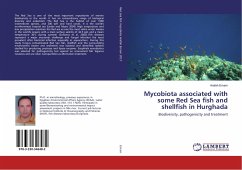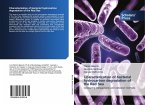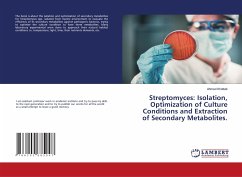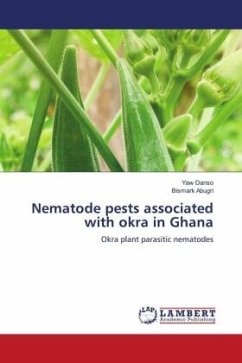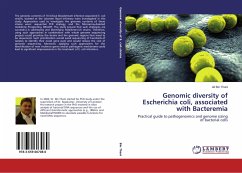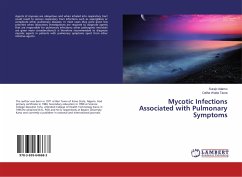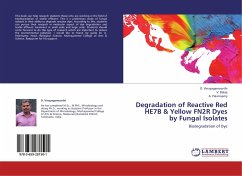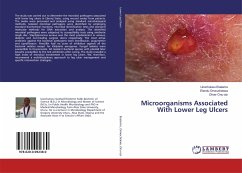The Red Sea is one of the most important repositories of marine biodiversity in the world. It has an extraordinary range of biological diversity and endemism. The Red Sea is the habitat of over 1000 invertebrate species, and 200 soft and hard corals. It is the world's northernmost tropical sea (Lieske and Myers 2004). High evaporation and low precipitation maintain the Red sea as one the most saline water masses in the world's oceans with a main surface salinity of 42.5 ppt and a mean temperature 30°C during summer (Sofianos et al. 2002). Fish diseases represent a major economic challenge and fungal infection the most prevalent after bacterial infection especially in aquaculture. During this study fungus contaminated Red Sea fish, shellfish and the surrounding environment (water and sediment) was isolated and identified. Isolates studied for producing protease and lipase enzymes. Exophiala xenobiotica was selected for pathogenicity test against an economical fish Siganus rivulatus and use silver nanoparticles as alternative treatment.
Bitte wählen Sie Ihr Anliegen aus.
Rechnungen
Retourenschein anfordern
Bestellstatus
Storno

